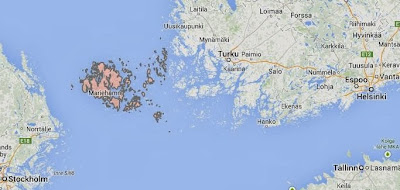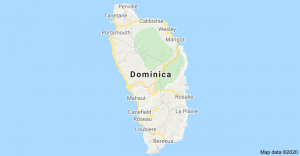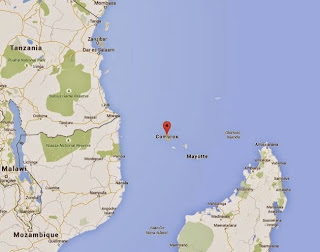Curacao Legal Structures – The Curacao Trust
Introduction:
The Curaçao Trust was introduced in January 2012 as an alternative to the Private Foundation. Unlike the Private Foundation the Curaçao Trust is based on the Anglo-Saxon Trust.
Formation and Obligation:
A Curaçao Trust is established by a Trust Deed that has to be executed before a Civil Law Notary practicing in Curaçao. This condition also applies if the Trust Deed has to be amended or revoked later. Furthermore, the Curaçao Trust must be registered with the Curaçao Chamber of Commerce & Industry.
The Trust may be created during the Settlors’ life or in a will drawn up by a Civil Law Notary. The Trust is governed by the terms under which it was created as laid down in the Trust Deed.
Settlor:
The settlor settles assets to a Trustee (legal entity or individual) who holds and manages these Trust’s assets for the Beneficiaries or for a specific purpose.
Trustee:
The Trustee carries the fiduciary responsibility and liability to manage the Trust’s assets in accordance with both the terms of the Trust Deed and the governing law. Furthermore, the Trustee is obliged to administer the Trust’s assets separately from other funds.
The assets held in trusteeship are removed from the Settlor’s equity and will only become part of the Beneficiaries’ equity when the Trust issues a distribution to such.
At all times there must be one local Trustee. The Trust Deed must include a provision to prevent a situation where there is none.
Beneficiaries:
The Beneficiaries must be clearly identified in the Trust Deed. The Settlor can appoint himself as Beneficiary. Individuals not yet born or legal entities not yet established at the time of creation of the Trust, may be appointed provided they are sufficiently ascertainable.
Protector:
The Trust Deed may include a provision for the appointment of a Protector of the Trust’s assets. The Protector can be compared to the Supervisory Board Member of a Foundation or a Limited Liability Company. The Trust Deed must specify who can appoint a Protector as well as his duties if there is a provision for such.
Uses:
- Estate planning and inheritance – the establishment of a Curaçao Trust can be attractive both from a fiscal as well as a controlling point of view.
- Passive finance activities – the Curaçao Trust can provide loans to related or unrelated parties.
- Structuring private pension – as to achieve tax advantages.
- Protection of assets – by placing assets in Trust the assets can be protected against political or economic instability.
- Investments – as the trust is not limited to certain activities, it can be attractive for investment purposes.
- Business Trust – as an alternative to depository receipts for the separation of economic and voting rights.
Taxation:
The Curaçao Trust is exempt from Corporate Income Tax if the Curaçao Trust does not operate an enterprise. Investment activities together with passively holding shares in subsidiaries do in principle not qualify as operating an enterprise.
To avoid any doubts whether the Curaçao Trust operates an enterprise or not, a tax ruling may be obtained with the Tax Inspectorate in Curaçao.
However, the Curaçao Trust that does not operate an enterprise may request that it is regarded as a taxable entity, a so-called funding capital. The Corporate Income Tax rate is in that case 10% on regular income as well as capital gains.
If opted for the status of funding capital, this will apply for a minimum period of three years. After that period the Curaçao Trust may, upon request, return to the exempt status.
Turnover Tax :
If the Curaçao Trust delivers goods and provides services as an entrepreneur or imports goods, it will in principle be subject to Turnover Tax.
If the Curaçao Trust has been granted a foreign exchange license by the Central Bank of Curaçao and St. Maarten it is not considered an entrepreneur for Turnover Tax purposes to the extent it performs foreign –oriented activities.
Withholding Tax:
There is no withholding tax on dividend, royalty or interest payments.
Gift Tax:
Contributions of assets to the Curaçao Trust by non- Curaçao residents are exempt from Curaçao gift tax. Every distribution from a Curaçao Trust is exempt from gift tax.
Personal income tax:
Distributions by the Curaçao Trust to non-Curaçao residents are exempt from Curaçao Personal Income Tax.
We work with a number of Trust Companies in Curacao to ensure that our clients receive the best possible corporate service alongside our gambling hosting service and this article was put together with Pearl Trust, a Trust company from Curacao.
If you are interested in corporate structures, trusts etc. Just click on the WhatsApp link to get in touch immediately.























